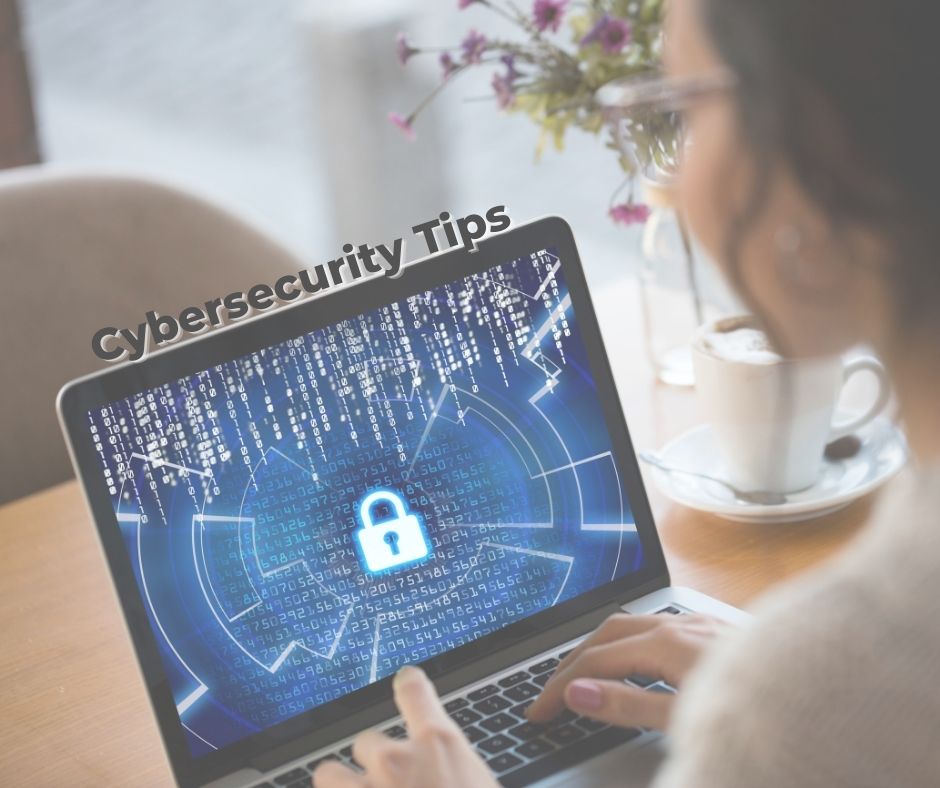
Tips to Safeguard Sensitive Data
As Americans continue to venture online in greater numbers, Malvern Bank and the Independent Community Bankers of America (ICBA) are offering practical tips during Cybersecurity Awareness Month to help safeguard sensitive data and mitigate losses in the event of a data breach or compromise.
An estimated 67 percent of data breaches resulted from credential theft, human error or social attacks. Malvern Bank and ICBA encourage consumers to take the following proactive measures to reduce the likelihood of becoming a victim of identity theft and fraud:
- Enable the strongest authentication tools offered by your bank. Popular authentication methods include biometrics, security keys and single-use codes.
- Use unique passphrases as passwords and differentiate them across multiple platforms. Length trumps complexity. A strong passphrase is a sentence that is at least 12 characters long.
- Do a system check. Purge unused apps and outdated or sensitive information stored in old files and emails and ensure all software on internet-connected devices is current.
- Manage social media settings and minimize information sharing. Just a few data points can create a pathway for exploitation by cybercriminals.
- Use Wi-Fi judiciously: Limit the type of business conducted over public Wi-Fi connections, including logging in to key accounts like banking.
Consumers can also make sure their account has not been compromised by taking the following steps:
- Monitor account activity regularly for transaction irregularities and report discrepancies to your bank.
- Back up intellectual property and other digital information and store it safely so in the unfortunate event of a ransomware or other cyber threats you can retrieve the data.
- Read the fine print when purchasing items online. Do not save credit and debit card credentials on a merchant’s website or app, if prompted.
- Stay vigilant. Be mindful when shopping online and look for signs of illegitimate websites. Spelling or grammatical errors, missing contact information, and suspicious URLs or email addresses are all red flags.
- Look for special indicators such as web addresses with https:// that denote extra measures taken to help secure your information. URLS that end in .BANK are assigned for exclusive use by financial institutions.
Learn more about how to protect your digital life during Cybersecurity Awareness Month by visiting www.staysafeonline.org
